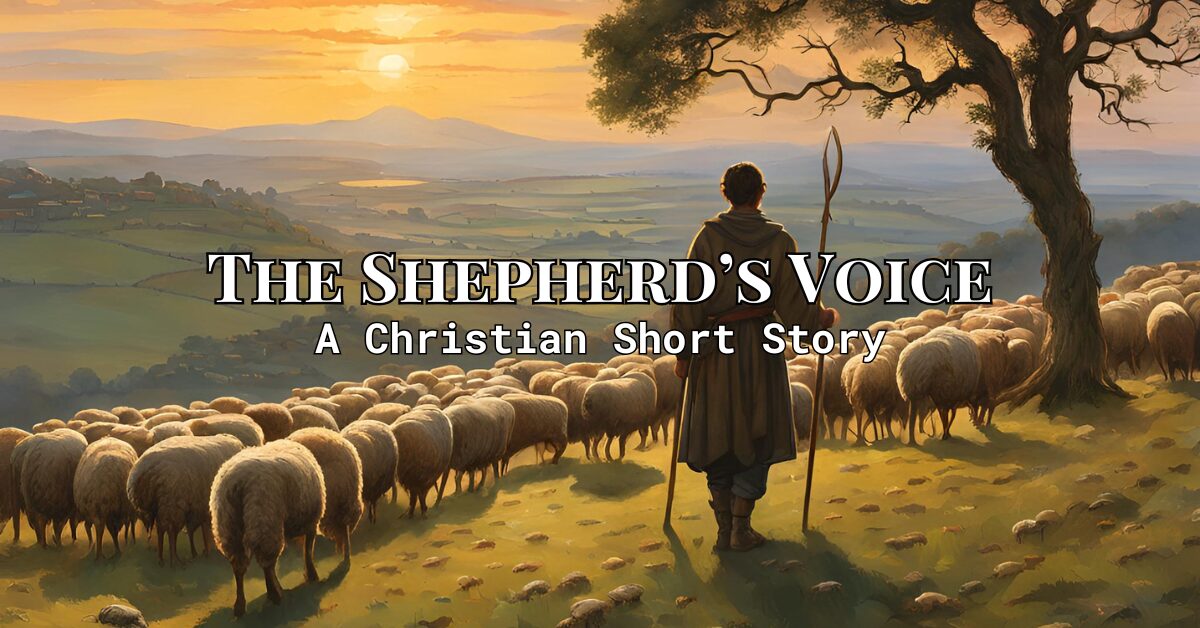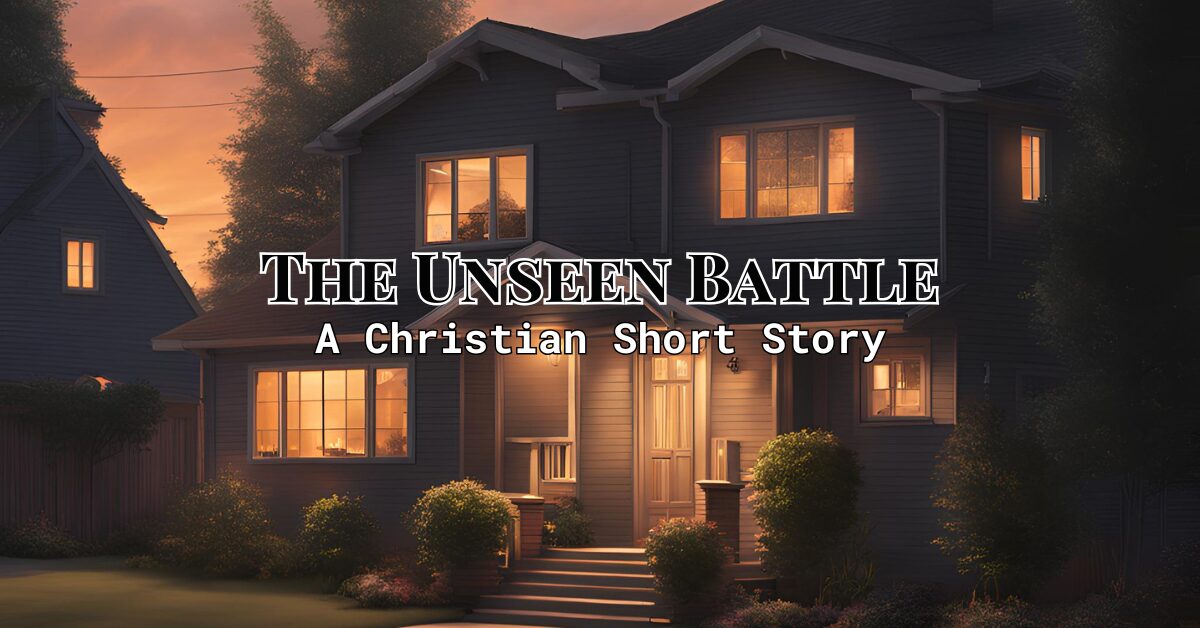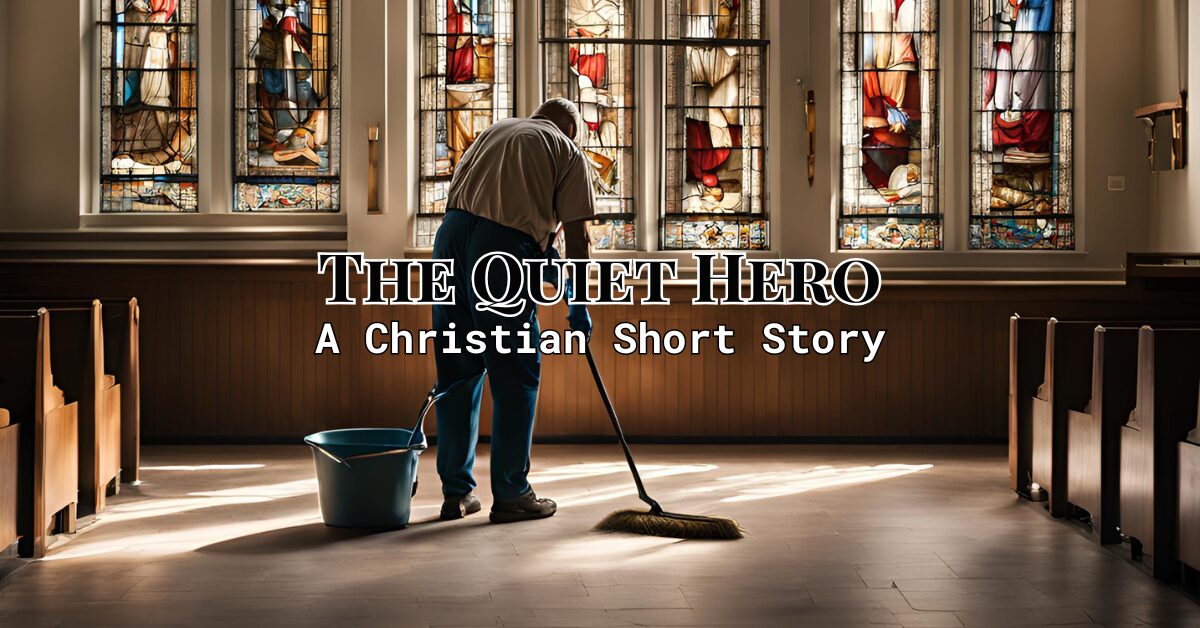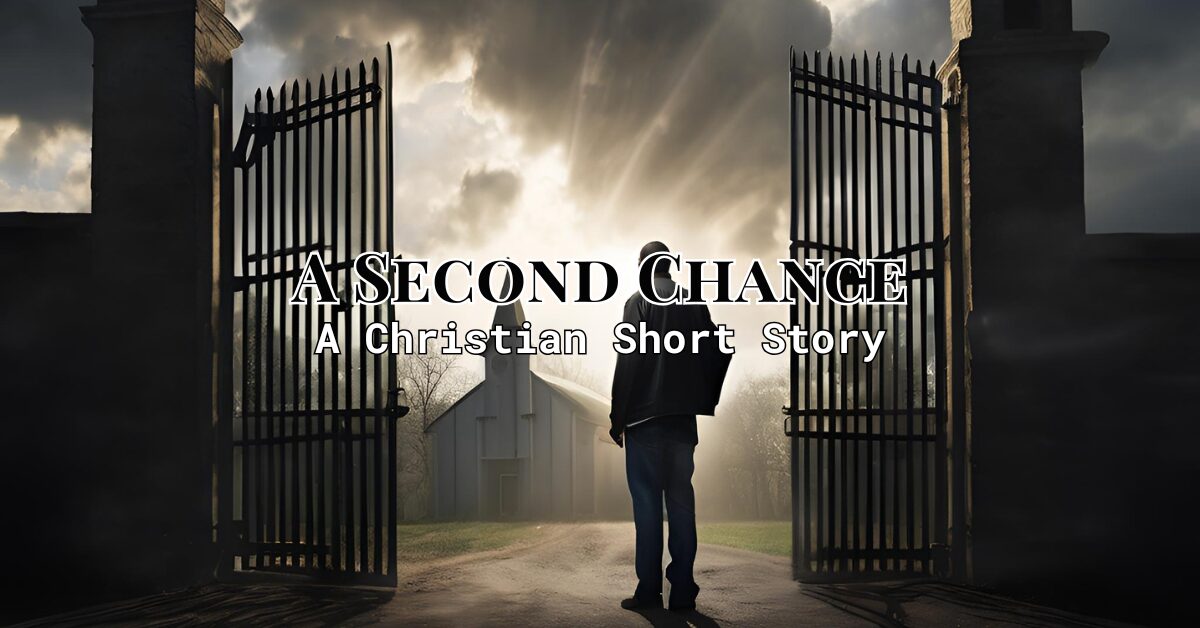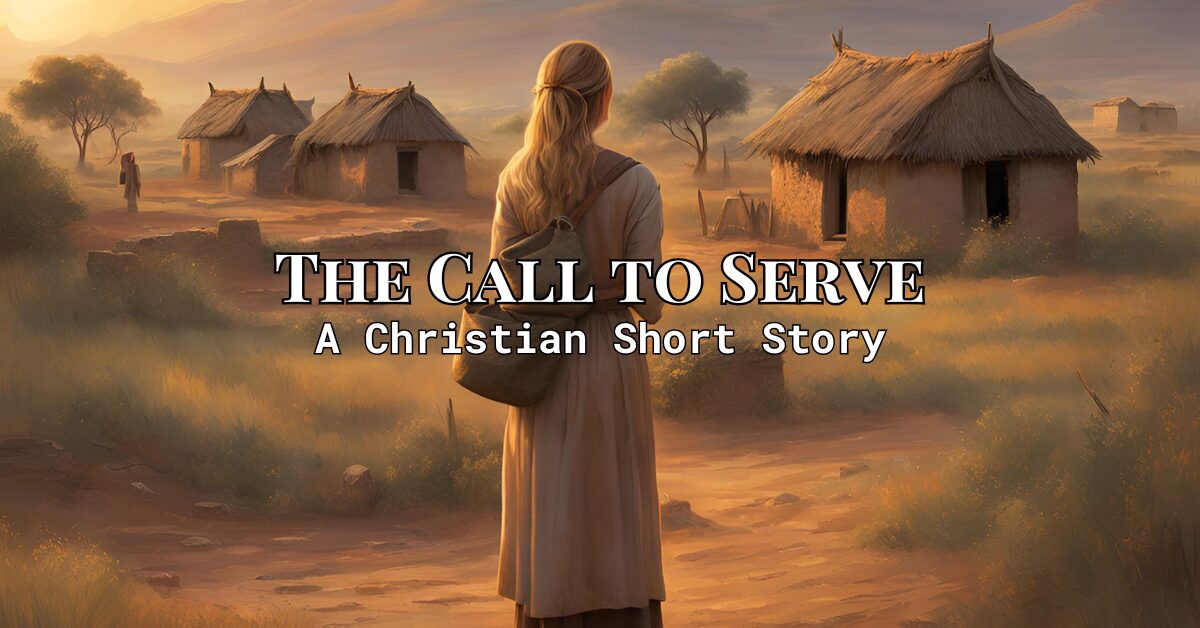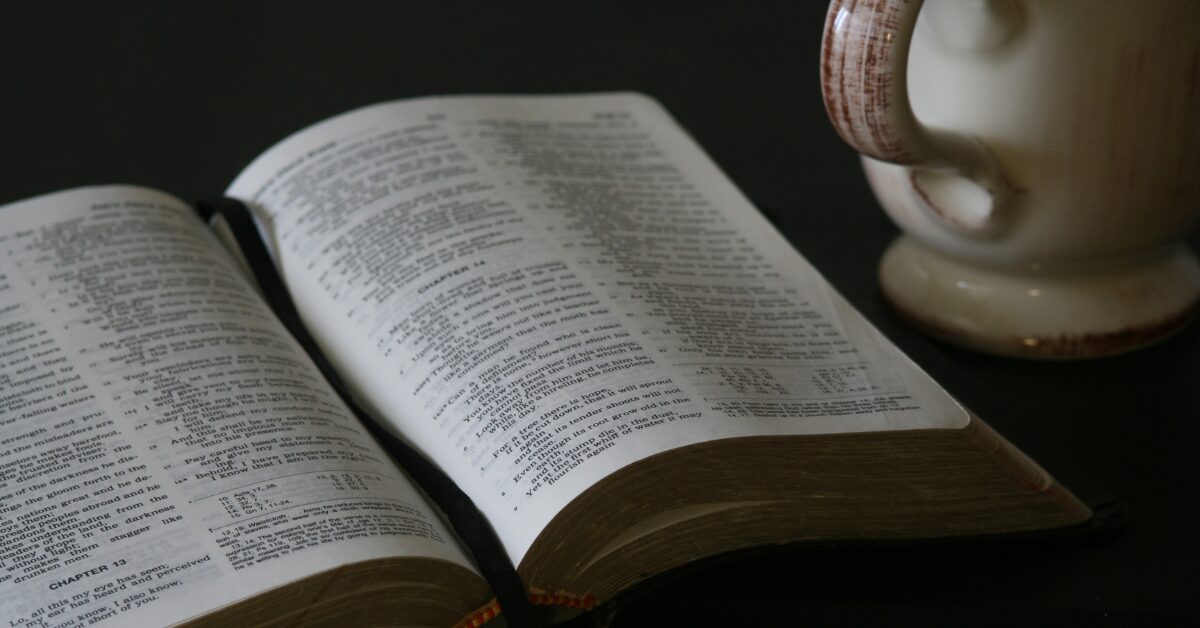Chapter 1: The Boy and the Wilderness
The hills of Bethlehem stretched endlessly before the eyes of young Eliab, a sea of rocky ridges and scattered olive trees bathed in the warm glow of the setting sun. At thirteen years old, Eliab had already grown accustomed to the quiet rhythm of his life as a shepherd. His small flock grazed lazily on the scrubby grass that grew between the rocks, their bleating the only sound to accompany the faint rustling of the evening breeze. It was a familiar scene—one he had known for as long as he could remember—and yet, there was something about the wilderness that still stirred his soul.
Sitting on a large stone near the edge of the pasture, Eliab watched over his sheep with a quiet intensity. His staff lay across his knees, his fingers absently tracing the worn grooves in the wood. It had been his father’s staff, passed down to him when he was old enough to take on the responsibility of the flock. Ephraim, his father, had been a shepherd his entire life, as had his father before him. It was the family’s way of life, their livelihood, and it was expected that Eliab would follow in their footsteps.
And yet, deep in his heart, Eliab felt a stirring—something unspoken, a quiet longing for more. He loved the peacefulness of the hills, the solitude that allowed him to think and to pray. But there were times when he wondered if there was something beyond this life, something greater that God might be calling him to.
His father had always told him that God spoke in the stillness, in the quiet places where the world faded away, and only the voice of the Creator could be heard. Eliab believed that. He often prayed as he watched over the sheep, his heart lifted to God in silent conversation. He didn’t need to speak out loud to feel the presence of God with him—he knew that the Lord was near, watching over him just as he watched over his flock.
“God, I want to serve You,” Eliab whispered, his eyes fixed on the distant horizon. “I don’t know how or where, but I am here. Use me.”
It was a simple prayer, one that he had prayed many times before. But on this evening, as the sun dipped lower in the sky, casting long shadows across the hills, Eliab felt a sense of urgency in his prayer, as if something was about to change.
He had always been a quiet, thoughtful boy, content with the simple life of a shepherd. But as he grew older, that quiet contentment had begun to shift. There was a restlessness within him now, a stirring that he couldn’t quite explain. He felt as though he were waiting for something—for what, he didn’t know.
“God speaks to us in the quiet places, Eliab,” his father had said to him many times. “You must learn to listen.”
Eliab had taken those words to heart. He listened often, waiting for the still, small voice of God to guide him. But so far, the only voice he had heard was the soft bleating of his sheep and the whisper of the wind through the olive trees.
As the last light of day faded and the stars began to appear one by one in the darkening sky, Eliab stood and began to guide his flock back toward the fold. His father would be waiting for him at the edge of the village, ready to count the sheep and discuss the day’s work. It was their routine—one that had been followed for generations.
But tonight, as Eliab walked the familiar path back to the village, a sense of anticipation filled his heart. He couldn’t shake the feeling that something was about to happen, something that would change his life forever.
Chapter 2: A Stranger in the Night
The path back to the village was steep and winding, bordered on either side by rocky outcroppings and thickets of thorny bushes. Eliab walked carefully, his staff in hand, guiding the sheep with a gentle voice as they made their way down the hillside. The moon had risen high in the sky by the time they reached the lower fields, casting a pale light over the land.
As Eliab approached the fold, he noticed something unusual. A figure stood near the path, cloaked in shadow. The man was tall and motionless, his features obscured by the darkness, but there was something about his presence that immediately set Eliab on edge. It was rare to see anyone out this far from the village at night—most people preferred the safety of their homes.
“Who’s there?” Eliab called, gripping his staff a little tighter.
The figure stepped forward, the moonlight catching the edges of his cloak. Eliab could now see that the man was older, his face lined with the weariness of many years. His robes were worn and dusty, as if he had been traveling for a long time. Yet, there was something about him that felt familiar, as though he carried with him the weight of wisdom and authority.
“Peace be with you, young shepherd,” the man said, his voice calm and soothing.
Eliab relaxed slightly, though his heart still raced with uncertainty. “Who are you?” he asked. “And why are you here?”
The man smiled, a gentle expression that seemed to ease some of Eliab’s tension. “I have come to speak with you, Eliab.”
Eliab’s brow furrowed in confusion. “With me? Why?”
The stranger didn’t answer right away. Instead, he turned his gaze upward, looking at the stars as they sparkled in the night sky. For a moment, the only sound was the soft rustling of the wind through the trees.
“You are a shepherd,” the man said after a long pause. “And a faithful one at that. But you are more than you know, Eliab.”
Eliab’s eyes widened in surprise. “How do you know my name?”
The man turned to face him, his eyes gleaming with an inner light. “God knows your name, Eliab. He has seen your heart, your quiet faithfulness, and your desire to serve Him. And He has chosen you for a special task.”
Eliab’s heart pounded in his chest, a mixture of awe and fear. “A special task? But I am just a boy—a shepherd. How could God choose me for anything?”
The man stepped closer, placing a hand on Eliab’s shoulder. His touch was gentle, yet there was a weight to it, as though he carried the authority of heaven itself.
“God does not choose based on age or stature,” the man said softly. “He chooses based on the heart. And your heart, Eliab, is one that seeks after Him. You have been faithful in the small things, and now He calls you to something greater.”
Eliab stared at the man, his mind racing. The words were thrilling, yet terrifying at the same time. Could it be true? Could God really have chosen him for something more?
“What does He want me to do?” Eliab asked, his voice barely above a whisper.
The man smiled again, a knowing look in his eyes. “You are to be a shepherd—not just of sheep, but of people. God will reveal His plan to you in time. For now, trust in Him, and be faithful.”
Before Eliab could ask anything more, the man turned and walked away, disappearing into the shadows as quickly as he had appeared. Eliab stood frozen, his mind reeling from the encounter.
The sheep bleated softly behind him, reminding him of his task. With trembling hands, Eliab guided the flock into the fold and secured the gate. But his thoughts were far from the sheep.
God had chosen him. But for what? And why? He was just a boy—what could he possibly offer?
As he walked home that night, the stars above seemed to shine brighter than ever, as if the heavens themselves were bearing witness to the truth of the stranger’s words. Eliab’s heart was full of questions, but one thing was clear—his life would never be the same.
Chapter 3: The Burden of Leadership
The days that followed passed in a blur for Eliab. He continued his duties as a shepherd, guiding the flock through the hills and returning them safely to the fold each evening. But his mind was consumed with thoughts of the stranger and the message he had delivered. Every time Eliab closed his eyes, he could see the man’s face, hear the calm authority in his voice as he spoke of God’s plan.
What did it mean to be a shepherd of people? How could Eliab, a simple boy with no experience in leadership, possibly fulfill such a calling?
One afternoon, while Eliab was leading the sheep to a new pasture, he overheard a group of men from the village talking near the well. Their voices were low and urgent, and Eliab could sense the tension in their words. Curious, he led his flock closer, straining to hear what they were discussing.
As he approached, Eliab caught bits and pieces of their conversation. Something about raiders—men who had attacked nearby villages, stealing livestock, burning homes, and leaving destruction in their wake. Eliab’s heart quickened. He had heard stories of raiders before, but they had never come this far into the hills.
“They’re coming this way,” one of the men said, his voice laced with fear. “We need to be prepared.”
“But what can we do?” another man replied, his voice trembling. “We have no weapons, no defenses. We’re a village of farmers and shepherds—we can’t fight off raiders.”
Eliab’s stomach churned. The village was small and defenseless, its people untrained for battle. If the raiders came, there would be little they could do to stop them.
The men continued to argue, their voices growing louder as panic set in. Some wanted to flee, others wanted to hide, but none of them had a clear plan. Eliab listened in silence, his mind racing. If the raiders attacked, the village would be destroyed. The sheep, the homes, the lives of the people—everything would be lost.
And then, as he stood there, watching the men struggle to find a solution, the words of the stranger echoed in his mind: “You are to be a shepherd of people.”
Could this be the moment? Was this the task God had chosen him for?
Eliab’s heart pounded in his chest. He was just a boy, untrained in the ways of war. How could he possibly lead the village in the face of such danger? And yet, as he looked around at the men—many of them older and stronger than him—he saw the fear in their eyes, the uncertainty that clouded their judgment.
Someone needed to step up. Someone needed to lead.
Taking a deep breath, Eliab stepped forward. “We need to prepare,” he said, his voice steady despite the fear that gripped him. “We can’t just wait for the raiders to come. We need to fortify the village, gather the livestock, and make sure the women and children are safe.”
The men turned to look at him, surprise flickering across their faces. Barak, one of the farmers, frowned. “You’re just a boy,” he said, his tone dismissive. “What do you know of fighting raiders?”
Eliab squared his shoulders, his grip tightening on his staff. “I know that we can’t afford to do nothing,” he replied. “If we work together, we can protect the village. But we need to act now.”
For a moment, the men were silent, exchanging uncertain glances. Eliab could feel the weight of their skepticism, but he refused to back down. He had been called to lead—he could feel it in his bones.
Finally, one of the older men, Levi, stepped forward. “The boy is right,” he said, his voice calm but firm. “We can’t wait for the raiders to come to us. We need to be ready.”
With Levi’s support, the other men reluctantly agreed. They began organizing themselves, gathering tools and supplies to fortify the village. Eliab felt a surge of relief, but also a sense of responsibility that weighed heavily on his heart. This was no small task—people’s lives were at stake.
As they worked late into the night, preparing for the raiders’ arrival, Eliab prayed silently, asking God for strength and wisdom. He didn’t know if he was ready for the task ahead, but he trusted that God had a plan. Whatever happened, he would face it with faith.
Chapter 4: The Shepherd’s Courage
The air was thick with tension as the village waited for the raiders to arrive. The men had worked tirelessly to fortify the homes, stacking stones and wood to create makeshift barricades. The livestock had been moved to safer enclosures, and the women and children had been hidden away in the hills, far from the reach of the raiders.
Eliab stood at the edge of the village, his staff in hand, his heart pounding with anticipation. He had never been in a fight before—never faced danger like this. But as he looked out over the fields, his mind returned to the words of the stranger: “You are a shepherd of people.”
The sound of hoofbeats shattered the silence.
The raiders were here.
They came like a storm, a dozen men on horseback, their torches lighting up the night like angry flames. They shouted in a foreign tongue, their voices filled with malice as they charged toward the village.
Panic rippled through the villagers. The men scrambled to defend their homes, armed with whatever weapons they could find—pitchforks, clubs, even kitchen knives. But it was clear that they were no match for the raiders, who moved with the precision of seasoned warriors.
“Stay together!” Eliab shouted, trying to rally the villagers as they fought to hold their ground. “Don’t let them separate us!”
The raiders were ruthless, setting fire to the houses and corrals, slashing at anyone who stood in their way. The villagers fought bravely, but it was clear that they were being overwhelmed.
Eliab gripped his staff, his knuckles white with fear. He had never been in a fight before, let alone a battle like this. But as he watched the raiders advance, something inside him shifted. He couldn’t let fear control him—not when so many lives were at stake.
With a deep breath, Eliab charged forward, swinging his staff with all his might at one of the raiders who had dismounted to steal livestock. The man grunted in surprise as Eliab’s staff connected with his arm, knocking him off balance. Eliab’s heart pounded in his chest, but he didn’t stop. He struck again, this time aiming for the man’s leg, sending him crashing to the ground.
The other villagers, seeing Eliab’s courage, found new strength. They fought with renewed determination, working together to drive the raiders back. Slowly, the tide began to turn.
Eliab didn’t know how long the battle lasted—time seemed to blur in the chaos of fire and smoke. But eventually, the raiders retreated, their numbers depleted and their morale broken. As they fled into the night, the villagers let out a collective cheer, their relief palpable.
But the victory was bittersweet. Several homes had been destroyed, and a few men had been injured in the fight. Eliab’s heart ached as he looked around at the destruction, knowing that the village would never be the same.
Yet, amid the wreckage, there was hope. They had survived. And for the first time, Eliab truly understood what it meant to be a shepherd—not just of sheep, but of people.
Chapter 5: The Battle for the Village
The fires that had torn through the village smoldered in the morning light. Smoke rose in thin, curling tendrils from the charred remains of the homes, barns, and corrals. The dawn brought with it a new silence, one heavy with exhaustion and grief, as the villagers began to emerge from their hiding places in the hills. Eliab stood at the edge of the village, his staff in hand, surveying the destruction that lay before him.
The raiders were gone, driven off into the night, but the scars of their attack would linger long after. Several homes had been reduced to rubble, the livestock had been scattered in the chaos, and a few men had been wounded in the battle. The village, once a place of quiet peace, now lay in ruins.
Yet, as Eliab looked out over the scene, he felt an odd sense of calm. He had never expected to find himself in such a position—leading the village in the defense of their homes, fighting off raiders with nothing but a shepherd’s staff in his hand. But God had been with him, guiding his steps, giving him the strength to act in the face of fear.
Now, the real work began.
“We need to rebuild,” Eliab said, his voice steady despite the weariness in his bones. He turned to Levi, who stood beside him, his face grim but resolute. “The men will need to focus on repairing the homes and corrals. I’ll gather the women and children to help with the smaller tasks. We have to make sure everyone is safe.”
Levi nodded, placing a hand on Eliab’s shoulder. “You did well, Eliab,” he said quietly. “We couldn’t have done this without you.”
Eliab shook his head, humility washing over him. “It wasn’t me,” he replied. “It was God. He’s the one who led us through this.”
Levi smiled, though his eyes were tired. “Perhaps. But God chose you to lead us, Eliab. And you answered His call.”
The words struck Eliab deeply. For weeks, he had wrestled with the idea of being chosen for something greater. He had doubted, questioned whether he was capable of fulfilling such a role. But now, in the aftermath of the battle, it was clear that the stranger’s words had been true. God had chosen him—not just to protect the village, but to guide them, to lead them.
As the villagers began to emerge, Eliab took charge, organizing the efforts to rebuild. The wounded were tended to by the women, while the men worked to salvage what they could from the wreckage. There was much to be done, but the villagers worked together with a renewed sense of purpose. They had survived the raid, and now they would rise from the ashes.
As the day wore on, Eliab found a quiet moment to step away from the work and reflect. He stood on a hill overlooking the village, his heart full of both gratitude and weariness. The weight of leadership had settled on his shoulders, and though he had never sought it, he felt a deep sense of responsibility for the people under his care.
His thoughts were interrupted by the sound of footsteps behind him. Turning, he saw his father, Ephraim, approaching. The older man’s face was lined with worry, but there was a warmth in his eyes that Eliab hadn’t seen in some time.
“You’ve done well, my son,” Ephraim said, his voice quiet but filled with pride.
Eliab lowered his head, a wave of emotion washing over him. “I only did what needed to be done.”
Ephraim shook his head, stepping closer. “No, Eliab. You did more than that. You led the village when no one else could. You protected them, just as you’ve always protected the sheep. And now, they look to you—not just as a boy, but as a leader.”
Eliab’s heart swelled at his father’s words. He had always looked up to Ephraim, a man of quiet strength and unwavering faith. To hear such praise from him was more than Eliab could have ever hoped for.
“I couldn’t have done it without you, Father,” Eliab said, his voice thick with emotion. “You taught me everything I know.”
Ephraim smiled, placing a hand on Eliab’s shoulder. “You’ve learned well. And now, it’s time for you to step into the role God has chosen for you.”
Eliab looked up, his eyes searching his father’s face. “But why me? I’m just a shepherd. What could God want from someone like me?”
Ephraim’s expression softened. “God doesn’t choose based on what the world sees, Eliab. He chooses based on the heart. And He has seen your heart—your faithfulness, your willingness to serve. You’ve been a good shepherd to your flock, and now He is calling you to be a shepherd to His people.”
The weight of his father’s words settled over Eliab like a mantle. The stranger’s message, the battle, the rebuilding—it all pointed to one thing: God had a plan for him, a purpose far greater than he had ever imagined.
“Do not be afraid,” Ephraim said softly. “God will guide you, just as He has guided you through this trial. Trust in Him, and you will see His plan unfold.”
Eliab nodded, his heart full of both gratitude and awe. He had always longed to serve God, to follow His call, but now that the calling had come, it felt both exhilarating and overwhelming.
As the sun set over the hills, Eliab stood beside his father, looking out over the village that he had fought to protect. There was still much work to be done, but Eliab no longer doubted that God had chosen him for this moment. He was ready to lead, ready to follow wherever God’s voice might guide him.
Chapter 6: A Test of Faith
The weeks following the battle were filled with the sounds of rebuilding—hammers striking wood, stones being stacked, and the murmur of villagers working together to restore their homes. The village, though scarred by the raid, was slowly coming back to life.
Eliab had settled into his new role as a leader. The villagers had come to trust him, seeking his guidance on matters both large and small. It was a role he hadn’t asked for, but one he had embraced with humility and faith. Each day, he sought God’s wisdom, praying for strength and direction as he navigated the challenges that lay ahead.
But just as the village was beginning to heal, a new threat emerged—one that could not be fought with staffs or stones.
It began with a rumor, whispered by a traveler who had passed through the neighboring village. Cholera had broken out, spreading rapidly through the region, leaving sickness and death in its wake. The traveler warned that the disease was moving closer, and it was only a matter of time before it reached their village.
Panic set in once again. The memory of the raiders was still fresh, and now the villagers faced an enemy they couldn’t see, one that struck without warning.
Eliab gathered the village elders to discuss the situation. They needed a plan—something to protect the people from the disease. But even as they spoke, the first signs of illness began to appear. A few villagers fell ill, their symptoms unmistakable.
“We must act quickly,” Eliab said, his voice firm but calm. “We need to isolate the sick and make sure the water supply is clean. We cannot let this disease spread.”
The elders nodded in agreement, and the village mobilized once again—this time, not to fight raiders, but to fight a deadly plague. Eliab took charge, organizing efforts to care for the sick and ensure that the rest of the village remained safe. But it wasn’t long before the situation worsened.
Among those who fell ill was a young boy named Isaac. Eliab had known Isaac for years—he was one of the brightest children in the village, full of energy and curiosity. But now, Isaac lay in his bed, his face pale and his body wracked with fever.
Eliab sat by Isaac’s bedside, his heart heavy with sorrow. He had faced many challenges as a leader, but this was different. This was a battle he couldn’t fight with his hands or his strength. All he could do was pray.
“Lord, please heal him,” Eliab whispered, his voice trembling. “I’ve seen Your power, I’ve seen Your hand at work. Please, don’t let Isaac suffer. Don’t let this disease take him.”
But as the days passed, Isaac’s condition worsened. The fever raged, and his breathing became labored. Eliab prayed constantly, pleading with God for a miracle, but with each passing hour, his faith began to waver.
“Why aren’t You answering, Lord?” Eliab asked one night, his voice breaking with desperation. “I’ve trusted You, I’ve followed You… why is this happening?”
The silence that followed felt like a heavy weight on Eliab’s heart. He had always believed in God’s goodness, but now, in the face of such suffering, doubt crept in. Was he doing enough? Had he failed in some way? The questions swirled in his mind, leaving him feeling lost and helpless.
But in the quiet of the night, as Eliab sat beside Isaac’s bed, something unexpected happened. It wasn’t a voice, not like the stranger’s had been, but a gentle stirring in his spirit—an overwhelming sense of peace that seemed to come from nowhere.
Trust in Me.
The words echoed in Eliab’s heart, soft but unmistakable. It was as if God Himself were speaking, reminding Eliab that even in the darkest moments, He was still in control.
Tears filled Eliab’s eyes as he bowed his head. “I’m sorry, Lord,” he whispered. “I’ve let fear and doubt take hold of me. But I trust You. I trust that You are with us, even now.”
In the days that followed, Isaac’s condition began to improve. The fever broke, and slowly, he regained his strength. It was a miracle—one that left the entire village in awe.
The cholera outbreak eventually subsided, and the village survived. But for Eliab, the experience had been a profound lesson in faith. He had seen the power of God at work, even when he had doubted. And through it all, God had been with him, guiding his steps, reminding him to trust.
Chapter 7: The Voice of the Shepherd
The village of Bethlehem had returned to a sense of normalcy. The homes had been rebuilt, the fields had been tended, and the people had begun to move forward from the trials they had faced. Eliab’s role as a leader had been firmly established. The villagers sought his counsel, trusted his judgment, and looked to him for guidance in all matters.
But even as Eliab settled into his new role, he knew that his journey was far from over. There was a restlessness within him, a sense that God had more in store for him. He had seen God’s hand at work, guiding him through the battle and the plague, but now, he felt a new calling stirring in his heart—one that he couldn’t yet define.
One day, as Eliab tended to his flock in the hills, the familiar sounds of the wilderness surrounded him—the soft bleating of the sheep, the rustling of the wind through the trees. It was a peaceful moment, one that reminded him of the days before his life had changed so dramatically.
But as he stood there, watching over the sheep, a voice called out to him.
“Eliab, son of Ephraim, come forth.”
Eliab’s heart raced as he turned, searching for the source of the voice. But there was no one there—only the hills, the sheep, and the sky above. Yet, the voice was unmistakable. It was not the voice of the stranger from months before, but something far greater.
It was the voice of God.
“Here I am, Lord,” Eliab whispered, his knees trembling as he fell to the ground in awe.
The voice spoke again, calm and steady. “You have been faithful in all that I have given you. Now, I call you to something greater. Go to the city of Jerusalem, for there you will find your next task.”
Tears filled Eliab’s eyes as he listened to the words, his heart swelling with both joy and fear. He had been called once again, not just to lead his village, but to fulfill a greater purpose.
“Yes, Lord,” Eliab whispered, his voice trembling. “I will go.”
With nothing more than his staff and his faith, Eliab set off for Jerusalem. He didn’t know what awaited him there, but he knew that God was with him, just as He had been through every trial and challenge.
As Eliab walked away from the hills of Bethlehem, leaving behind the life of a simple shepherd, he knew that his journey was only beginning. He was no longer just a boy watching over sheep—he was a shepherd of God’s people, called to lead, called to serve, called to follow the voice of the true Shepherd.
And with every step he took, Eliab’s heart was filled with peace, knowing that he was walking in the path that God had laid before him.
The End
Also Read: The Call to Serve

